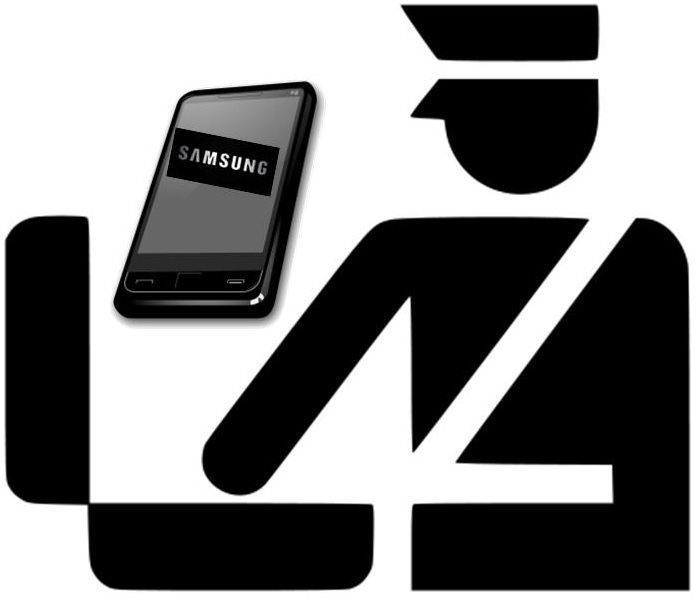Mobile games are coming to WeChat
Tencent, China’s largest Internet company, has been making aggressive moves in the mobile field recently. The company has been looking to boost the revenue generated from WeChat, China’s most popular social messaging application. WeChat is used by over half of the smartphone and tablet owners in China and the application is making its way to other markets beyond the country’s borders. Tencent believes that it can boost the revenue of WeChat by making various updates to the application and adding new features, such as mobile games.
WeChat brings social elements to mobile games
The company has noticed that mobile games are quite addictive to consumers throughout China. Tencent believes that this creates an ideal environment for consumers to compete with one another on mobile games through the WeChat application, adding a social element to these games. Users of WeChat will not be charged to play the mobile games associated with the application. There are various features that are included in these games that do come at a price, however. These in-game purchases can unlock additional content for those interested in spending money on the games they are interested in.
 Consumers may make in-game purchases due to competition with friends
Consumers may make in-game purchases due to competition with friends
Tencent expects that competition will be the main reason consumers spend money on mobile games. WeChat is a social platform, allowing more than 300 million users throughout China to connect with one another in real-time. Tencent believes that the allure of “one-upping” friends could be a driving force behind in-game purchases. Those that do purchase additional content or advantages in mobile games establish a slight lead over their friends and this may encourage others to follow suit so as not to be left behind.
Consumers are notoriously fickle when it comes to mobile games
While mobile games have proven to be a lucrative sector for the game industry as a whole, consumers are notoriously fickle when it comes to this type of gaming. Few mobile games have the ability to hold a consumer’s attention for prolonged periods of time. While games like “Candy Crush Saga” manage to generate a great deal of revenue, consumers tend to move quickly from game to game in order to find a better experience. WeChat may need to support a wide variety of mobile games if it wants to generate revenue in this way.

 This means that Samsung mobile gadgets that use the touch screen technology and the headphones that are involved in the patent violate can no longer be imported, distributed, or sold in the United States. This doesn’t meant that all of the devices made by the company cannot be sold, but it does involve all of those found to be in violation of the patent.
This means that Samsung mobile gadgets that use the touch screen technology and the headphones that are involved in the patent violate can no longer be imported, distributed, or sold in the United States. This doesn’t meant that all of the devices made by the company cannot be sold, but it does involve all of those found to be in violation of the patent.